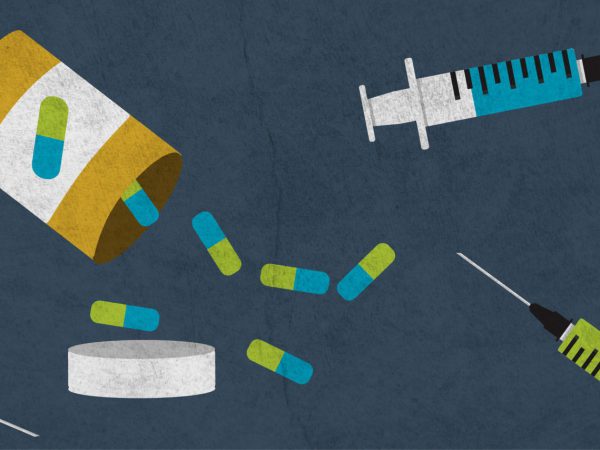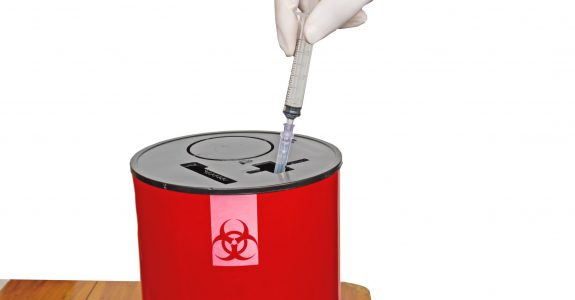Ellen Quigley is the Vice President of Programs at the Richard M. Fairbanks Foundation
An Interview with Mike Thibideau, Director, Indiana Workforce Recovery Initiative
Background
In February 2018, the Indiana Chamber of Commerce and the Wellness Council of Indiana announced the Indiana Workforce Recovery Initiative, a strategic partnership with Governor Eric Holcomb and his administration to combat the opioid epidemic. The initiative’s mission is to empower the business community by educating and guiding employers through the steps they can take to help their workers struggling with substance use disorder. The objectives of the initiative are to:
- Identify, evaluate and disseminate best practices in the workplace that support substance use prevention, early identification, treatment and recovery.
- Educate employers and destigmatize the opioid crisis through increased awareness.
- Advocate for policy change to support business in its actions to create and maintain a healthy workforce.
On August 17, 2018, the Richard M. Fairbanks Foundation awarded a two-year grant to the Indiana Chamber in the amount of $125,000 to support the launch of the Indiana Workforce Recovery Initiative.
Mike, what motivated the Indiana Chamber and Wellness Council of Indiana to launch the Indiana Workforce Recovery Initiative?
The Indiana Chamber and Wellness Council are committed to improving the health outcomes of Hoosiers as part of the Chamber’s Indiana Vision 2025 plan, and have been a leading voice in health-focused conversations with Governor Holcomb and state policymakers. The Chamber and Wellness Council were asked to take a leadership role by helping employers effectively respond to the impact of the opioid epidemic and identifying systemic gaps in how Hoosiers in recovery re-engage in the workforce.
While best known for its public policy focus throughout its nearly 100-year history, the Chamber, its Foundation and affiliate programs have increasingly dedicated attention and financial resources to efforts that create a better Indiana for all, including initiatives like the Indiana Workforce Recovery Initiative.
Please share an example of how this type of initiative can help individuals with substance use disorders.
I once heard addiction being described as a “disease of hopelessness.” One way to overcome this hopelessness is to give someone a sense of purpose through meaningful employment. I know firsthand how employment can provide that sense of purpose. As a teenager, I began using substances and became addicted as a young adult. Thanks to my family, I began my journey of recovery in 2015. Not only did having secure employment provide me the financial resources necessary to participate in a costly treatment system, it also provided a solid foundation of purpose and stability that allowed me to personally move into a new stage of life with more confidence and a higher chance of success. The Indiana Workforce Recovery Initiative aims to increase access to employment – and therefore increase hope – to more Hoosiers with substance use disorder.
What are a few of the lessons learned from this initiative so far?
- Many employers want to do the right thing and care deeply about this issue. However, they have not been engaged with tools that equip them to take an active role in assisting individuals or communities struggling with substance use disorder.
- Successful engagement takes incremental steps. As we engage employers in relevant and best-practice education, their desire to learn more and opt-in to further education and programming increases.
- Substantial gaps exist within the Indiana prevention, treatment and recovery ecosystem. These gaps directly affect Hoosier employers’ ability to assist employees struggling with substance use disorder.
Employers can access the new state guidelines and video toolkit to help both employers and employees understand and address substance use appropriately by visiting https://www.in.gov/recovery/work/.



